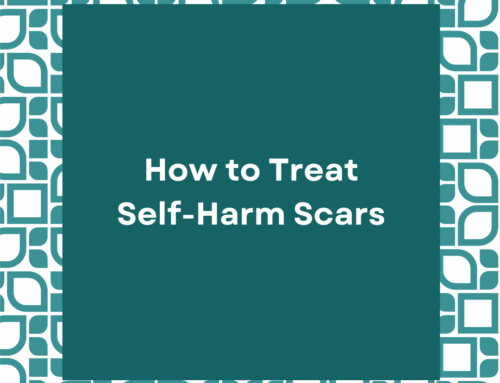Understanding the Basics of Post-Surgical Scar Healing
Surgery, whether performed for medical or cosmetic reasons, often leaves behind permanent scars. Scars are undesirable for many reasons, such as their unsightly appearance, restriction of motion, or sensitivity.
Understanding post-surgical care is important to ensure optimal healing and minimizing the appearance of scars. In this guide, we will overview recommended practices for post-surgical wound care, combining professional advice with practical tips.
The Healing Process: Phases of Post-Surgical Scar Formation
After a surgical procedure, your wound site will go through several dynamic stages of healing. First, the body must work to close the wound. This is called the inflammatory phase, which typically takes place in the first week following surgery.
During this phase, you may notice redness, swelling, and clot formation as your body initiates its healing response. The site may feel warm and tender due to increased blood flow, carrying important molecules that will initiate the formation of new tissue.
Next up is the proliferative phase of healing, typically occurring 4-24 days following surgery. This phase involves the building of new tissues, and the formation of a new network of blood vessels. During this stage, you may notice pink or red, often bumpy tissue begins to grow. This is called granulation tissue, and shows that the wound is beginning to close.
Collagen protein is produced in abundance during this stage to form a new extracellular matrix. This is important because too much collagen can lead to hypertrophic or keloid scarring, while a collagen deficiency will result in atrophic scarring.
The longest phase of scar healing is the maturation or remodeling phase, which generally takes place from day 21 onwards, and can persist for up to 2 years. This phase involves the remodeling of collagen, from type III to type I. At this stage, your scar will become firmer and its color will begin to fade. Scar tissue is being strengthened, and will begin to blend better with the surrounding skin.
Wound Care: The Foundation of Scar Minimization
Proper wound care immediately after surgery plays a pivotal role in how your scar heals. It is essential to meticulously follow the aftercare instructions provided by your doctor, as they will be specific to the surgical technique, wound closure, and prior experience of the surgeon that operated on you.
In general, keeping your wound clean, dry, and adequately protected from the external environment is important to prevent infection and promote healing. Always wash your hands thoroughly before any dressing changes.
It is crucial to avoid any stress or tension on the surgical site during the initial phase of healing. Movements or exercises that stretch or pull on your wound can disrupt the healing process, and increase your risk of wider, more noticeable scars. If you lead an active lifestyle, be sure to speak to your surgeon about a safe timeline to reintroduce high-intensity exercises.
Avoiding direct sun exposure on your wound site is another crucial consideration, particularly for patients of color. UV rays can cause hyperpigmentation, darkening of the scar and surrounding skin, which increases your scar’s visibility. Keep the wound site covered with bandages and clothing, or apply a high SPF sunscreen to mitigate this effect. For patients with skin types containing more melanin, your surgeon may prescribe lightening products like hydroquinone as part of your aftercare to further mitigate the risk of hyperpigmentation.
Dietary Considerations for Enhanced Healing
Nutrition can play a large role in your body’s ability to heal following surgery. Maintaining adequate hydration and avoiding sodium-rich foods immediately following your procedure can decrease your swelling. Furthermore, eating foods rich in protein, vitamins A, C, and E, as well as Zinc, have been shown to play a vital role in skin repair and scar healing.
Embracing Scar Care
Effective post-surgical scar care involves a combination of professional medical advice, advanced treatments, and everyday practices. By remaining informed and following instructions carefully, you can significantly improve the healing process and final appearance of your scars, leading to better outcomes. Remember, everyone heals differently, and our experts at Scar Healing Institute are always here to help if you are unhappy with the appearance of your post-surgical scars.




